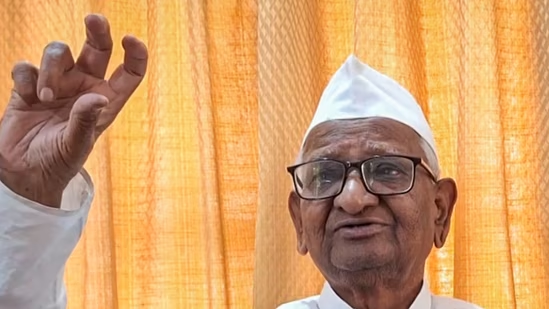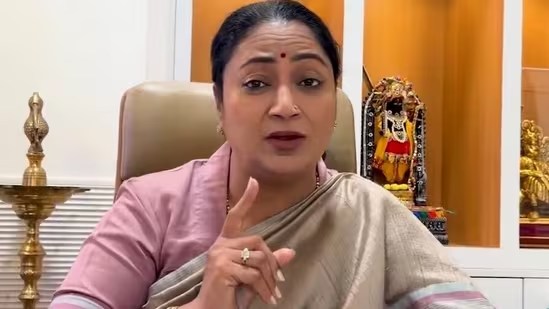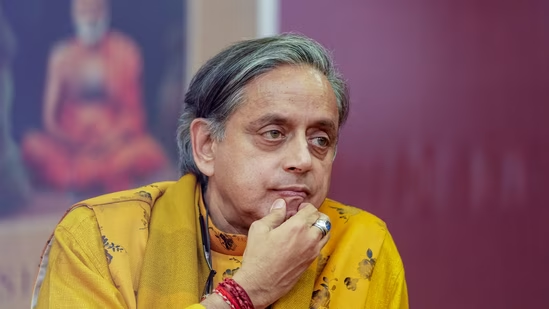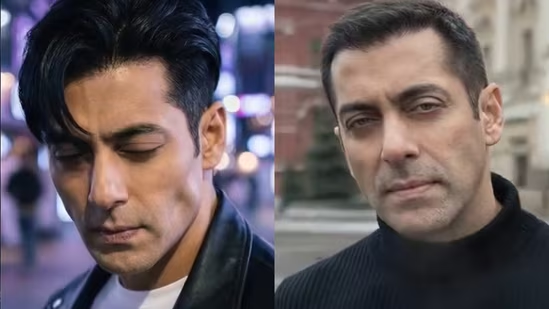Google is fighting against ideas from the European Union (EU) that would require the tech giant to officially show fact-checks next to search results and YouTube videos.
A report from Axios says that the Alphabet-owned company has also refused to add fact-checking directly to its ranking systems and algorithms. This is something that may be needed by the EU’s new Code of Practice on Disinformation.
Before this happened, there was more and more discussion about how tech platforms can help stop fake news and police content. Meta said last week that it would be ending its fact-checking program and switching to a system similar to X’s Community Notes.
What did Google say?
Google’s global affairs president, Kent Walker, is said to have told Renate Nikolay, the deputy director general of the European Commission’s content and technology arm, in a letter that the company will not follow the fact-checking rules set out in the EU’s new Code of Practice on Disinformation.
Walker was reported as saying, “It just isn’t right or useful for our services.”
Walker defended Google’s current method to content moderation by saying that it had made it through last year’s “unprecedented cycle of global elections” without any problems. Besides that, he said that YouTube’s new feature that lets users add notes to videos “has significant potential.”
The EU’s Code of Practice on Disinformation was written for the first time in 2018 and became law in 2022. It has a number of voluntary promises that tech companies, private companies, and fact-checking groups will work together to fight fake news.
For the past year, EU officials have been meeting privately with tech companies. The goal is to turn the voluntary fact-checking measures into a legal and official code of behaviour under the DSA, the EU’s content moderation law that went into effect in 2022.
But Google has no plans to follow the rules that will soon be made official.
Walker is said to have said in his message that Google will “pull out of all fact-checking commitments in the Code before it becomes a DSA Code of Conduct.”
Walker told Axios that Google will keep putting money into making its current content moderation practices better. These practices focus on giving people more information about their search results through features like Synth ID watermarking and AI statements on YouTube.
































